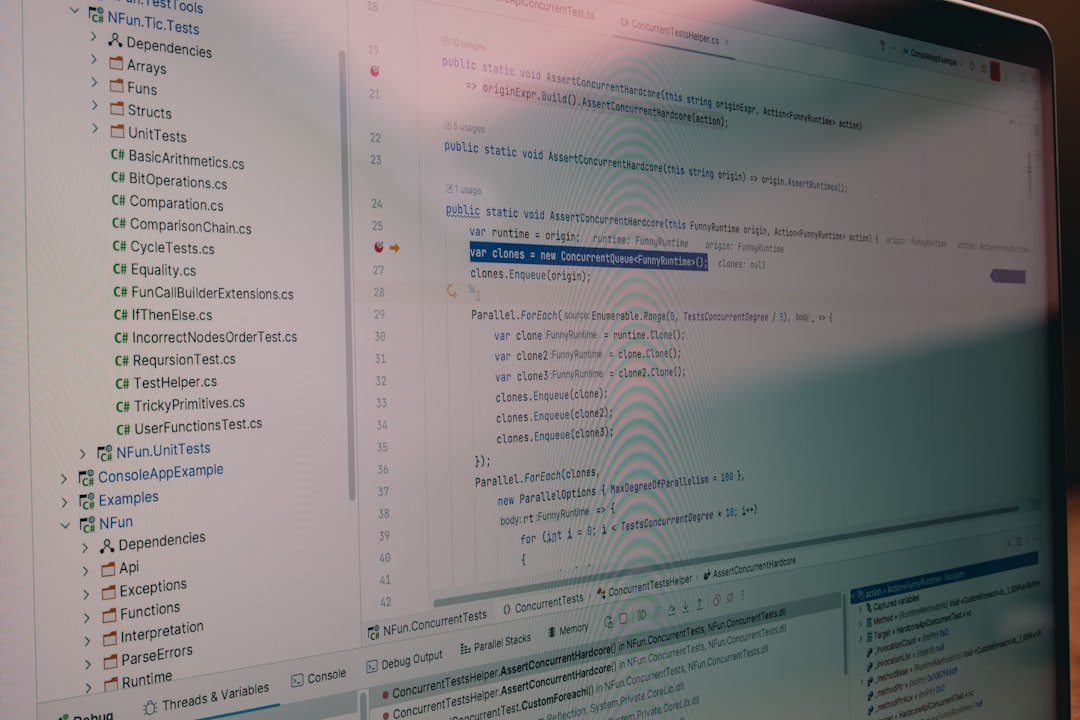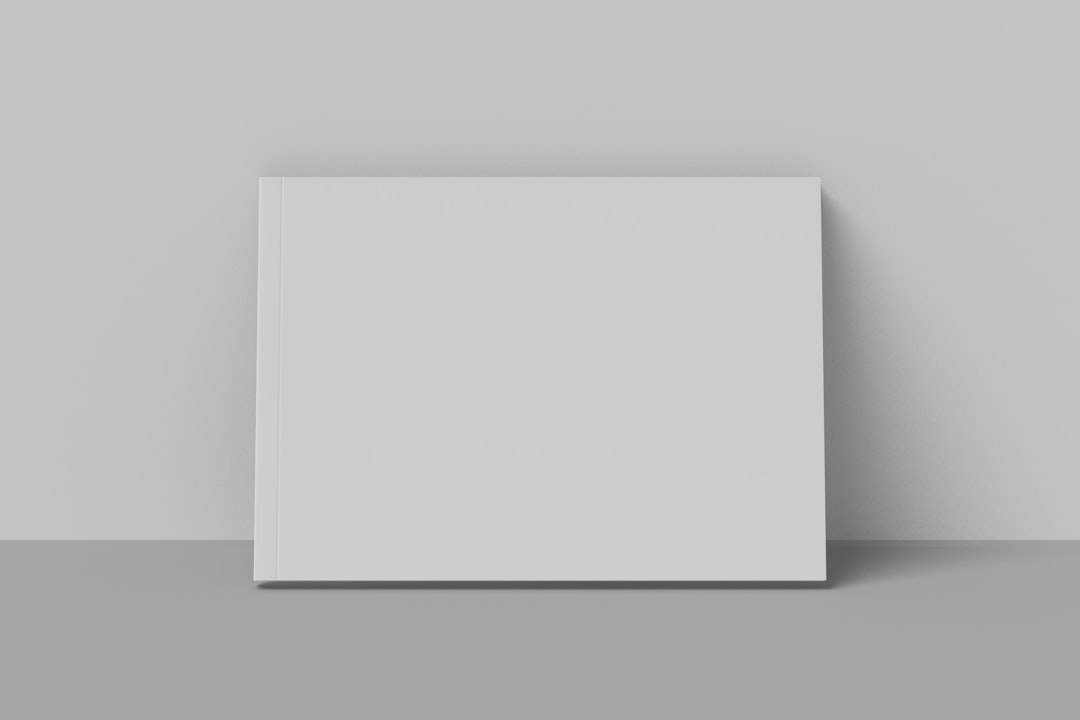In the age of overwhelming digital content, discovering quality websites can feel like finding a needle in a haystack. As we browse countless blogs, tutorials, tools, and resources, valuable links often get lost in bookmarks or buried in note-taking apps. A Random Website Generator provides a novel solution—transforming curated links into a structured, dynamic directory that encourages exploration, learning, and discovery.
Whether you’re a developer, educator, marketer, or web enthusiast, the ability to systematically manage and present a growing collection of hand-picked URLs can be game-changing. This process doesn’t just add utility; it can inspire others to explore your digital footprint with meaningful purpose. In this article, we’ll explore how a Random Website Generator works, its benefits, and how to build or utilize one effectively.
The Concept Behind a Random Website Generator
A Random Website Generator is a tool that serves users a random curated link from a larger directory—often centered around a specific theme, industry, or interest. But its functionality goes beyond randomness. The foundation lies in converting a scattered list of selective web links into a browsable, searchable, and sometimes gamified platform.
Instead of overwhelming users with a long scrollable list, this tool injects an element of surprise, making content discovery more engaging. Users seeking inspiration, resources, or knowledge can simply click a ‘Next’ button and view one well-selected website at a time.

Why Curated Directories Matter
In curating any digital resource, quality always trumps quantity. A thoughtful selection of links not only saves others time but can establish trust and authority in your niche. Here are some reasons why curated directories are essential tools:
- Trustworthy Resources: You control what gets added, ensuring only reliable and relevant websites are included.
- Focused Content: Unlike general search engines, curated directories are often topic-specific, providing more accurate and useful results.
- Community Growth: By sharing helpful resources, you foster a culture of learning and collaboration.
Turning Curated Links into a Functioning Directory
To create a Random Website Generator that doubles as a directory, you need more than a collection of links. Here are the core components you should consider implementing:
1. Structured Database
Start by organizing your links into a database or structured JSON file. Each entry could include the following metadata:
- Title: Name of the website
- URL: Direct link
- Category: Optional grouping (e.g., Web Development, Marketing, Learning)
- Description: A short summary of what users can expect
- Tags: Helpful for filtering and search functions
2. Randomizer Engine
A core feature of the tool is its ability to serve one random link per request. This can be implemented via JavaScript on a front-facing page or through backend logic using Python, PHP, Node.js, or other server-side technologies. The ‘Next Site’ feature ensures continual engagement while breaking exploration into manageable chunks.
3. Directory View
Allow users to view your entire collection with filtering and search functionalities. While randomness is fun, having an accessible list enables more purposeful browsing. Make sure to add options to browse by category, tag, or keyword search.
4. Responsive Front-End Display
The user interface should be minimalist, yet informative. Highlight the website title and description with a visible call-to-action button such as ‘Visit Site’ or ‘Discover’. Ensure the experience is optimized for both desktop and mobile viewers.

5. Optional User Contributions
To keep your directory dynamic, consider enabling vetted user-submissions. Build a submission form and allow contributors to suggest links. You maintain editorial control while crowdsourcing valuable resources from a like-minded community.
Benefits of a Random Website Generator Directory
Building such a platform offers several advantages depending on your goals and audience. Here’s how:
1. Educational Platforms & Institutions
For educators, such a tool is a fantastic way to introduce students to vetted online resources without overwhelming them. Each click becomes an opportunity to learn something new—organically and interactively.
2. Developers and Designers
Programmers and designers often keep lists of useful tools, code playgrounds, and inspiration galleries. Turning these into a generator adds a layer of functionality that helps peers in the industry while enhancing personal brand value.
3. Content Marketers and SEO Professionals
For digital marketers, a curated directory can function as an authority-building backlink strategy and community resource. Offering free, handpicked directories builds credibility and can encourage reciprocal links.
4. Personal Knowledge Management
Even as an individual, maintaining a tool like this can help you revisit forgotten resources. You can treat it as a personal learning journal that randomly reminds you of tutorials, tools, or data platforms you once found useful.
Popular Examples and Use Cases
Several successful websites today are based on the principle of curated directories and random generators, including:
- StumbleUpon (now Mix): A pioneer in casual, random web discovery.
- One Page Love: A curated library focusing on one-page websites.
- Product Hunt: Daily random discovery of new tech products and tools.
Although many of these are more complex and community-driven, the concept of combining human curation with algorithmic randomness remains at the core of their success.
How to Get Started
You don’t need to be a software engineer to start a Random Website Generator. There are simple methods to set one up depending on your tech comfort level:
- Use Static Site Builders: Tools like Hugo or Eleventy allow you to read link data from JSON files and render directory pages.
- Excel + JavaScript: Export your list from Excel/Google Sheets as a CSV or JSON file, then use JavaScript in a basic HTML page to randomly choose a link.
- Custom CMS: For more flexibility, build your own platform using frameworks like Django, Laravel, or MERN stack.
If you’re not ready to build from scratch, many no-code and low-code tools (like Webflow, Glide, or Airtable) can simulate the functionality with a bit of creativity.
Final Thoughts
The web is an infinite landscape. Amidst the noise, curation is becoming an increasingly valuable skill. Turning your collection of trusted links into a Random Website Generator is not only a smart organization strategy, but it also enhances accessibility, fuels discovery, and adds structure to the chaos of the modern internet.
Whether you’re building a niche-specific resource for professionals or a fun click-to-learn tool for personal growth, now is the time to turn that folder of bookmarked links into an asset others can enjoy.
Start small, stay consistent, and remember that even one good link at a time can make a difference.

